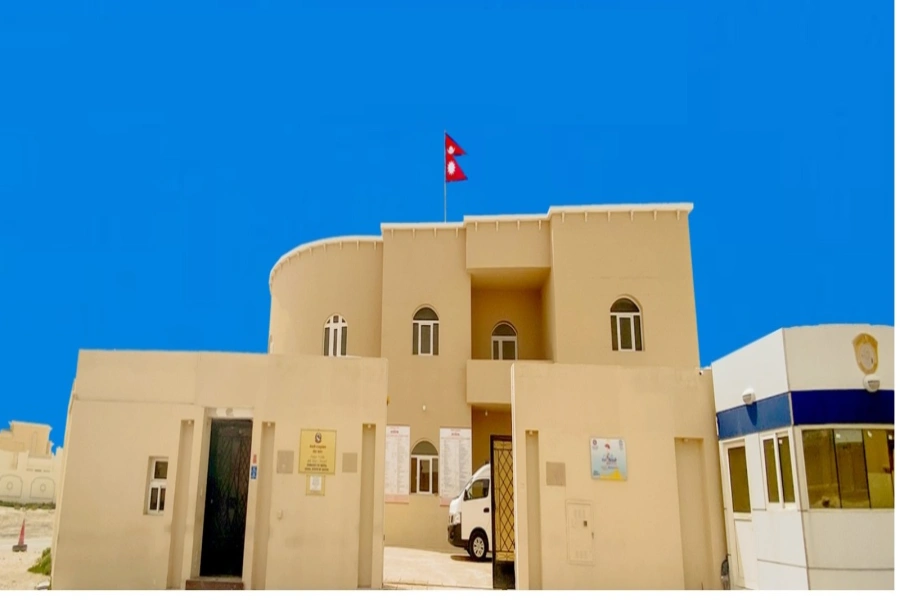COLOMBO, Sri Lanka, Oct 27 : Sri Lanka’s president suspended parliament on Saturday even as the prime minister he fired the previous day claimed he has majority support, adding to a growing political crisis in the island nation.
Chaminda Gamage, a spokesman for the parliamentary speaker, confirmed that President Maithripala Sirisena had suspended parliament until Nov. 16.
The suspension came while ousted Prime Minister Ranil Wickremesinghe was holding a news conference in which he asserted that he could prove his majority support in parliament.
Foreign Minister Paudyal discusses connectivity issue with Sri...

Sirisena sacked Wickremesinghe and his Cabinet on Friday and replaced him with former strongman Mahinda Rajapaksa, creating what some observers said could be a constitutional crisis in the South Asian island nation.
Wickremesingh said parliament should be allowed to resolve the political crisis.
“As far as the prime ministership is concerned, the person who has the majority support in parliament has to be the prime minister, and I have that majority of support,” he said. “When a motion of no confidence was moved (in the past), we defeated it showing that the house has the confidence in me.”
“It is not necessary for us to create a crisis. It is not necessary for the people of the country to suffer,” Wickremesingh said.
Tensions have been building up between Sirisena and Wickremesinghe for some time, as the president did not approve of some of the economic reforms being introduced by the prime minister. Sirisena was also critical of police investigations into military personnel accused in the abductions and disappearances of civilians and journalists during Sri Lanka’s long civil war, which ended a decade ago.
Rajapaksa ruled Sri Lanka as president for nine years beginning in 2005, accumulating immense power and popularity among the country’s majority ethnic Sinhalese after overseeing the military’s brutal defeat of ethnic Tamil rebels in May 2009, ending the 25-year civil war. Some supporters hailed him as a king and savior.
But he also was criticized for failing to allow an investigation into allegations of war crimes by the military. Under his government, dozens of journalists were killed, abducted and tortured and some fled the country fearing for their lives. He lost a bid for re-election in 2015 amid mounting allegations of corruption and nepotism.
His return to power as prime minister could signal that Sri Lanka is sliding back to an era of violence against political opponents, critics and journalists, observers said.



-1772436151.webp)































